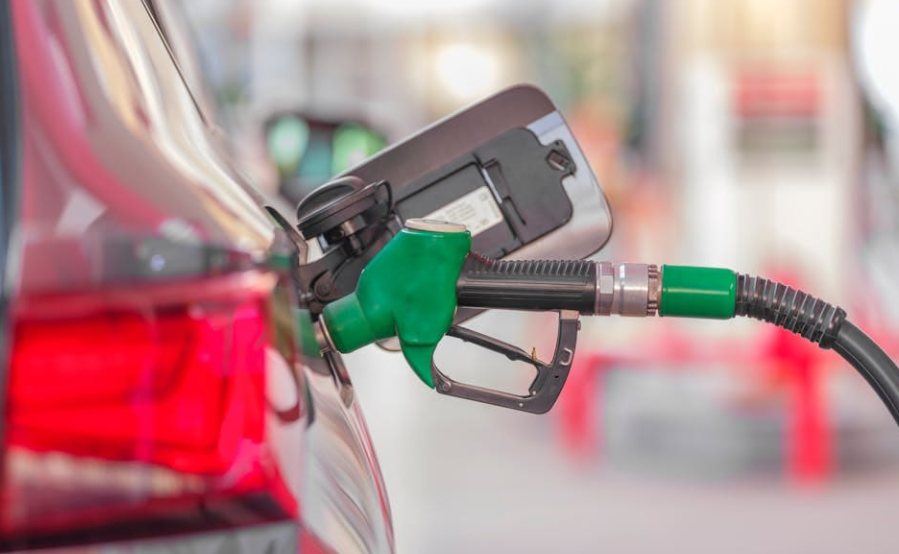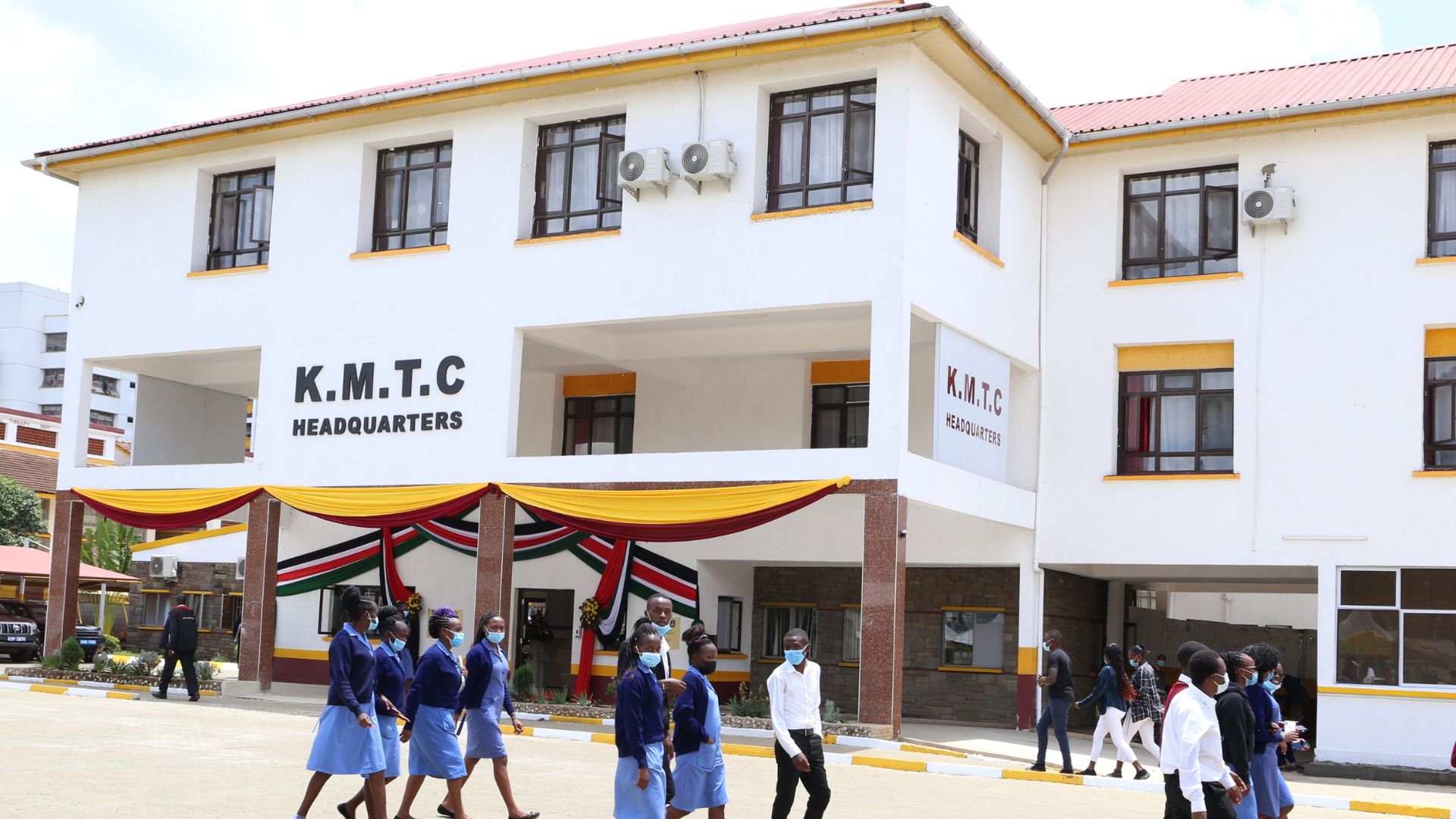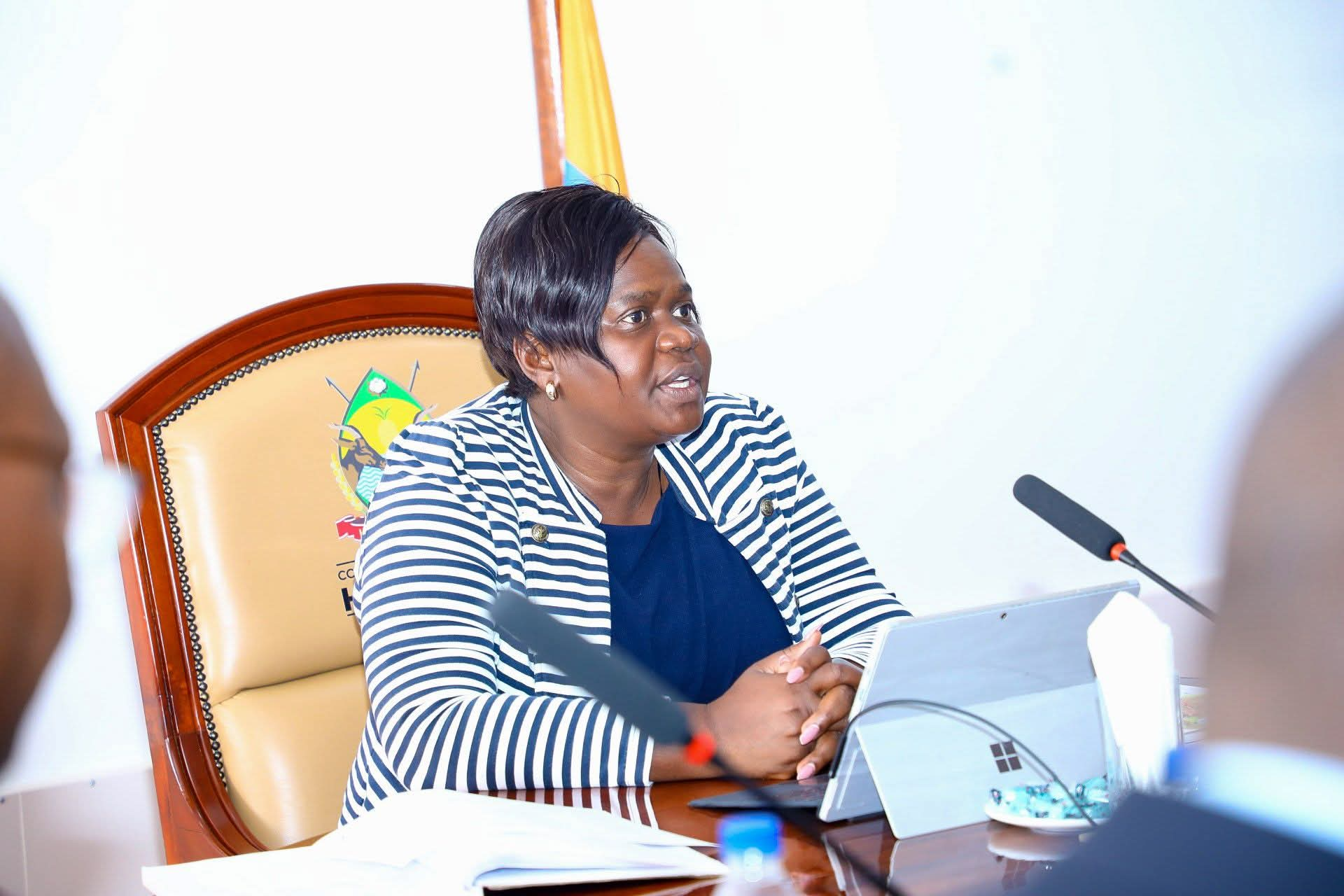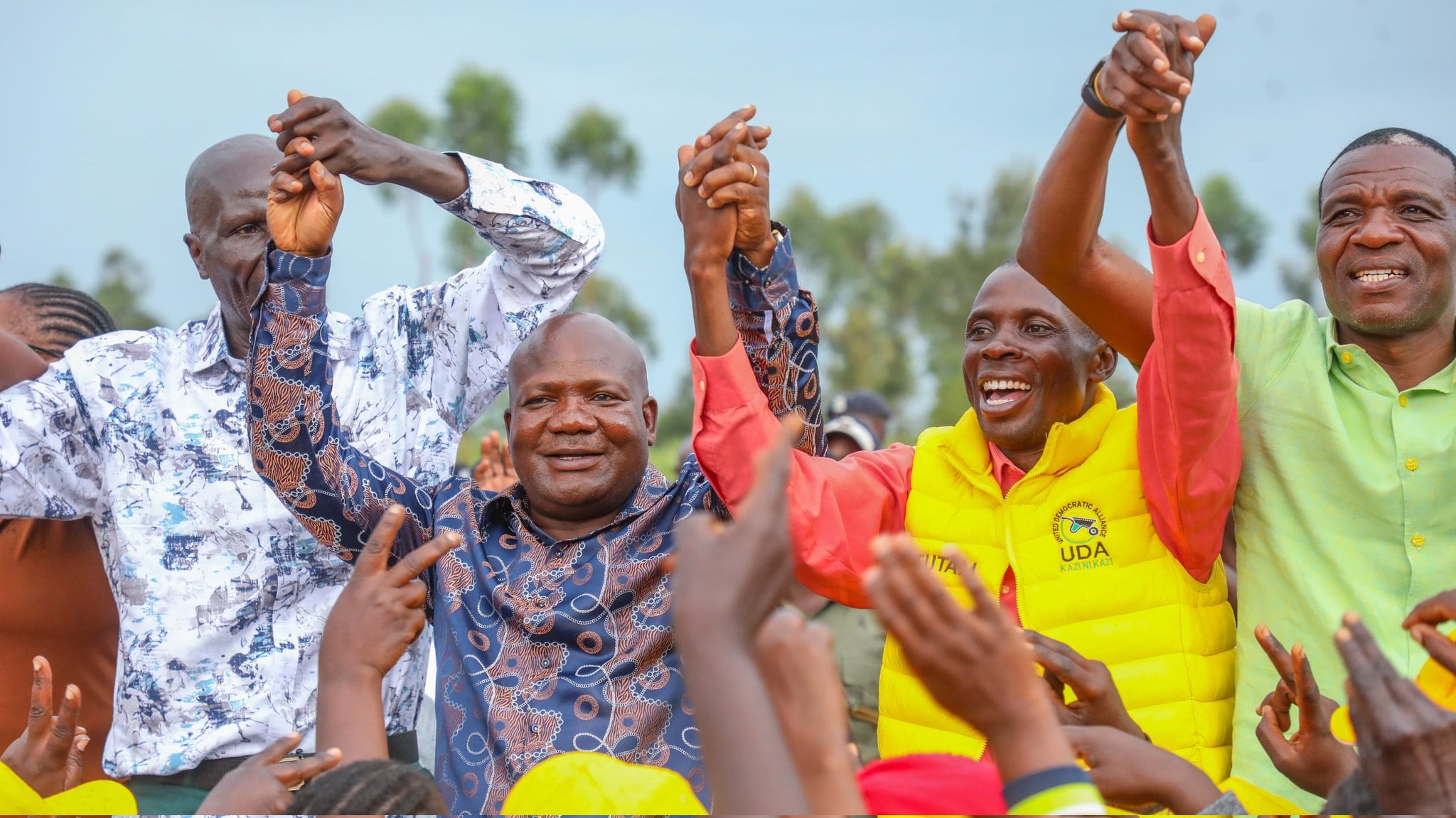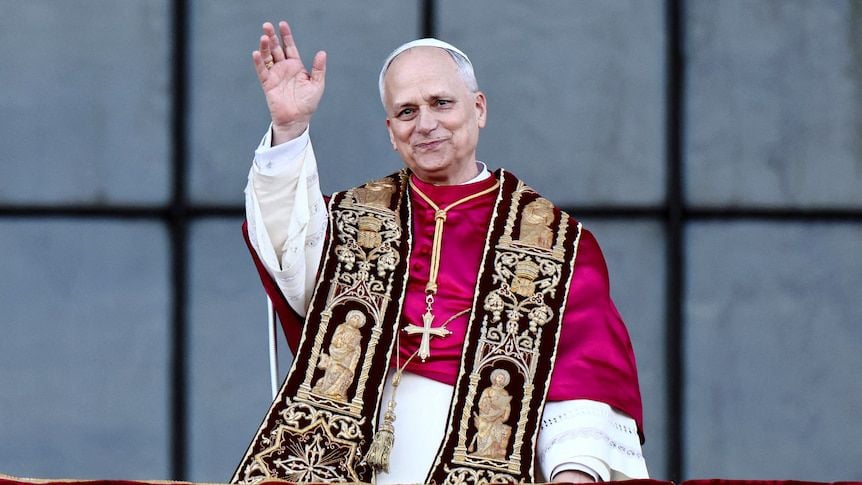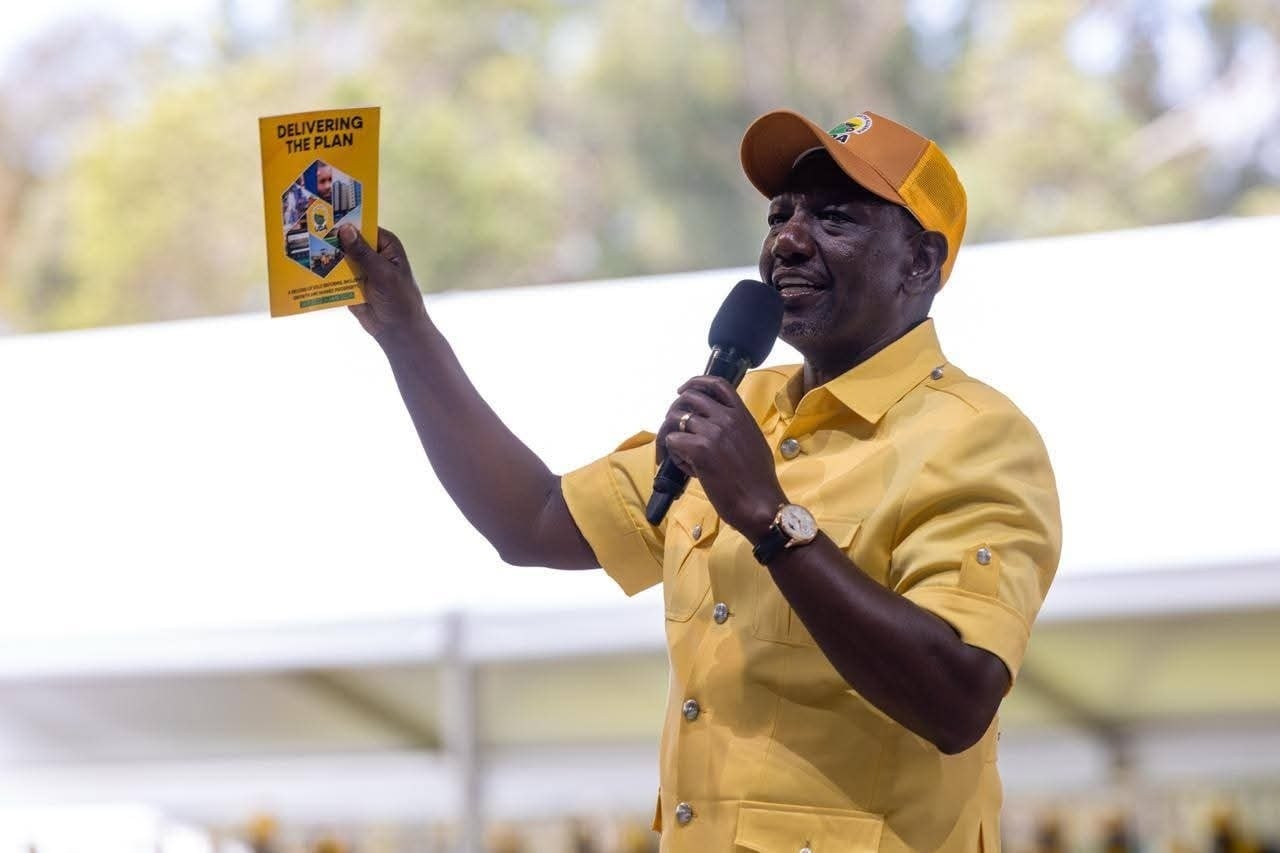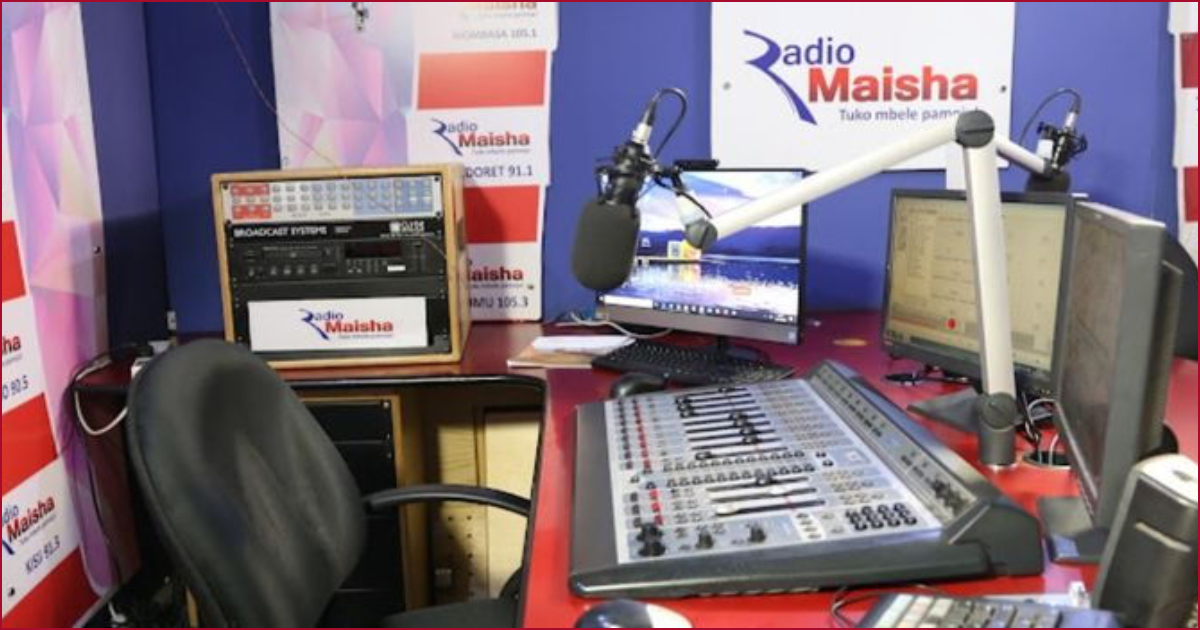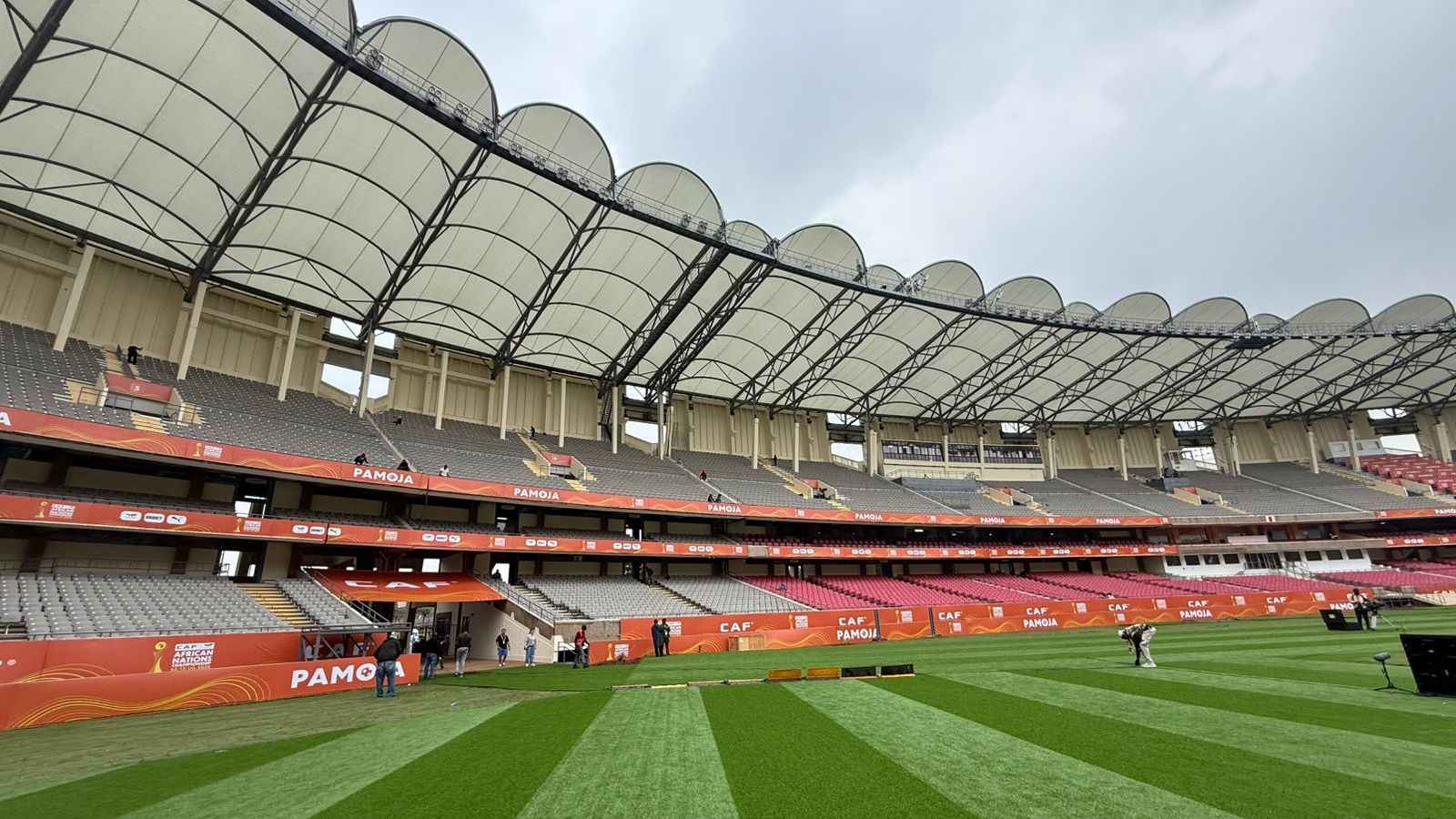Director General of the Energy and Petroleum Regulatory Authority (EPRA), Daniel Kiptoo, has dismissed claims by Kiharu Member of Parliament, Ndindi Nyoro, that the recent surge in fuel prices is tied to domestic levies and questionable government borrowing practices.
Speaking on Wednesday, July 16, Kiptoo clarified that the latest increase in fuel costs reflects global market trends, not internal policy decisions.
“There is no correlation between the increase in prices and the securitisation of the RMLF levy,” Kiptoo stated.
“The increase is purely due to a rise in international prices.”
He emphasised that the adjustment was not driven by local inefficiencies, countering Nyoro’s earlier assertions, and offered a detailed breakdown of the reference price changes behind the hike.
Read More
“For Super Petrol, the May price was Ksh671.79 per barrel, rising to Ksh716.94 in June. a Ksh45.15 increase, or 6.78 percent.
"For Diesel, it increased from Ksh563.00 to Ksh616.47, a Ksh53.47 jump, or 9.33 percent. Kerosene rose from Ksh598.43 to Ksh647.20, up by Ksh48.77, or 8.15 percent,” Kiptoo explained.
His remarks came in response to sharp criticism from MP Nyoro, who had on Tuesday, July 15, rejected the government’s justification for the fuel price hike, instead blaming excessive taxation and opaque borrowing arrangements.
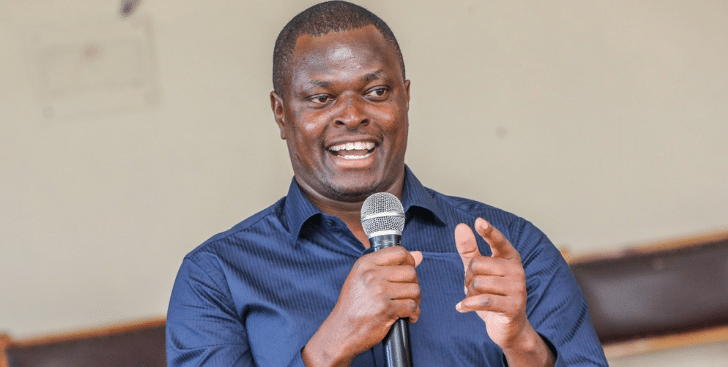
Nyoro claimed that Kenyans are being weighed down by hidden levies, notably a Ksh7-per-litre charge allegedly introduced in 2023 without public knowledge.
“The government of Kenya actually added a new levy of seven shillings to fuel prices last year,” Nyoro said.
“This is partly why fuel prices keep going up. What’s even more unfortunate is that this year, the government has used that seven-shilling levy as collateral to secure a loan of Ksh175 billion from banks. This money doesn’t appear in the government’s official debt records.”
He further argued that Kenyans did not benefit from falling global oil prices, alleging that the levy was introduced during a period of declining international prices.
Nyoro accused the government of pushing a misleading narrative and using fuel pump prices to plug revenue gaps.
“Over Ksh80 of what people pay for petrol, and Ksh76 for other fuel products, goes into taxes and levies,” he said.
“Global oil prices peaked last year, not this year. It’s clear the government is using false narratives to justify high pump prices.”
The controversy follows EPRA’s announcement of revised fuel prices on July 15, with Super Petrol, Diesel, and Kerosene increasing by Ksh8.99, Ksh8.67, and Ksh9.65 per litre, respectively.
These new prices will remain in effect until August 14.
